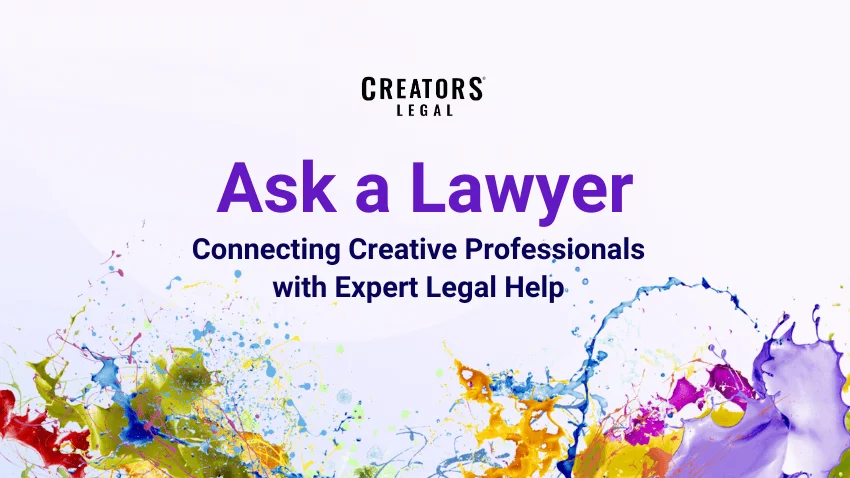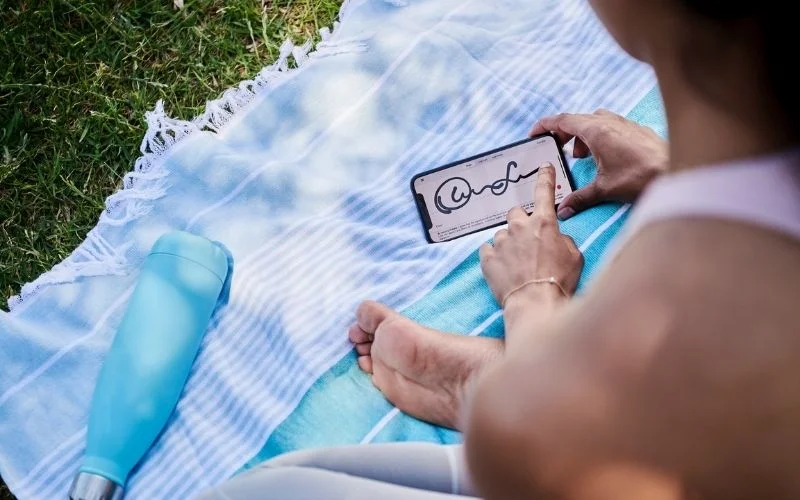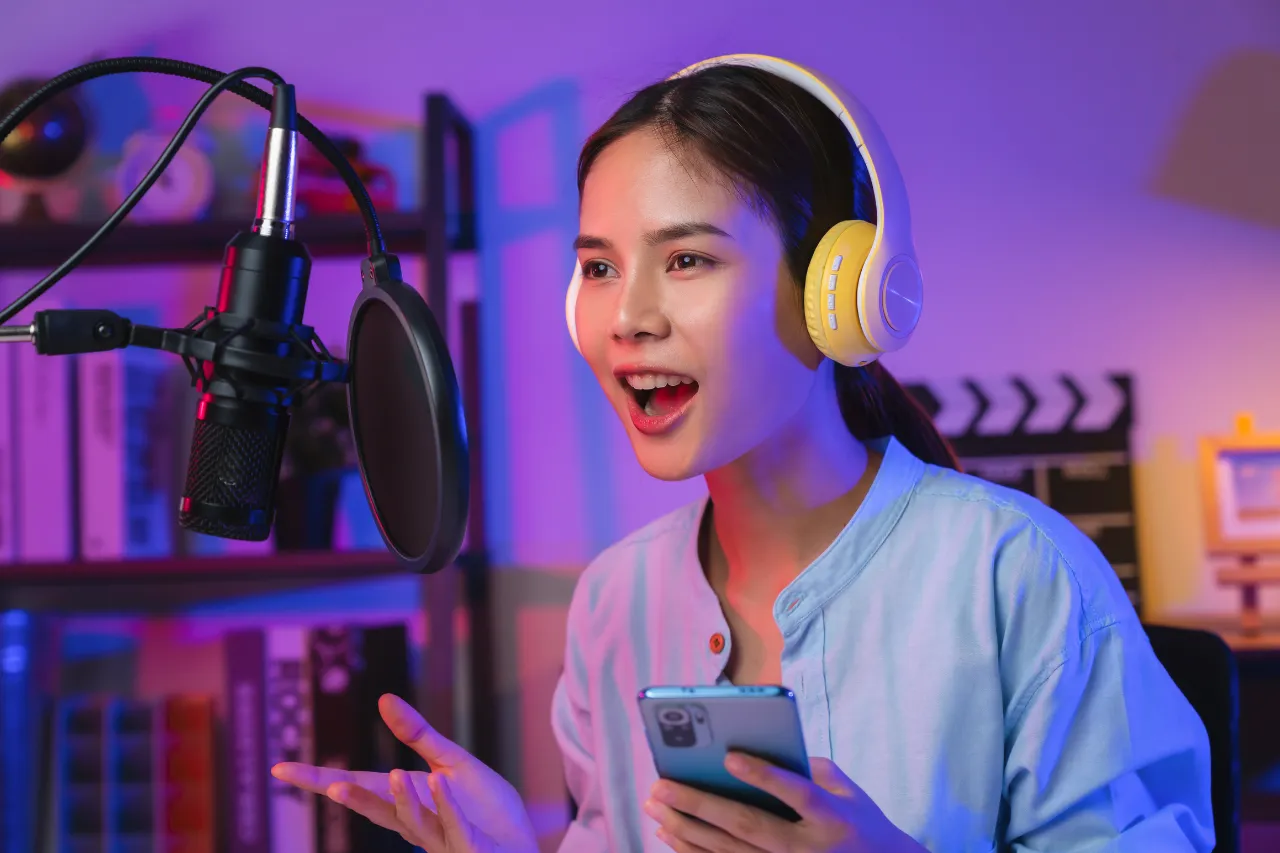The explosive growth of the podcast industry has brought forth a multitude of creative content, from intimate conversations to detailed investigative journalism. With this rise in production and consumption, there’s also a growing need for podcasters to understand and navigate copyright laws effectively.
- Understand the Basics of Copyright: At its core, copyright protects original works of authorship, be it literature, music, or even podcasts. As soon as you record and publish your podcast, you have a copyright over it. However, formal registration provides enhanced protection and legal remedies.
- Using Music and Sound Effects: One of the most common pitfalls for podcasters is the unauthorized use of music or sound effects.
- Royalty-free music: Opt for platforms that offer music for creators without the risk of copyright claims.
- Licensing: If you wish to use a specific track, ensure you secure the necessary licenses.
- Interviews and Guest Appearances: Always obtain consent when recording someone. Written agreements are advisable as they outline terms of participation, rights to the recording, and any compensation details.
- Fair Use Doctrine: Fair use allows limited use of copyrighted material without permission for purposes like criticism, commentary, news reporting, and education. However, it’s a gray area and should be approached with caution.
- Protecting Your Podcast
- Copyright Registration: Consider formally registering your podcast episodes for stronger legal protection.
- Trademark Your Brand: If your podcast grows into a recognizable brand, think about trademarking the name or logo.
- Responding to Infringement If someone repurposes your content without permission, it’s essential to understand your rights. Begin with a cease and desist letter and consider legal action if necessary.
Understanding copyright is paramount for podcasters. Not only does it prevent potential legal issues, but it also ensures that your hard work remains protected.
Disclaimer: This blog post serves as informational content and does not substitute professional legal advice.






